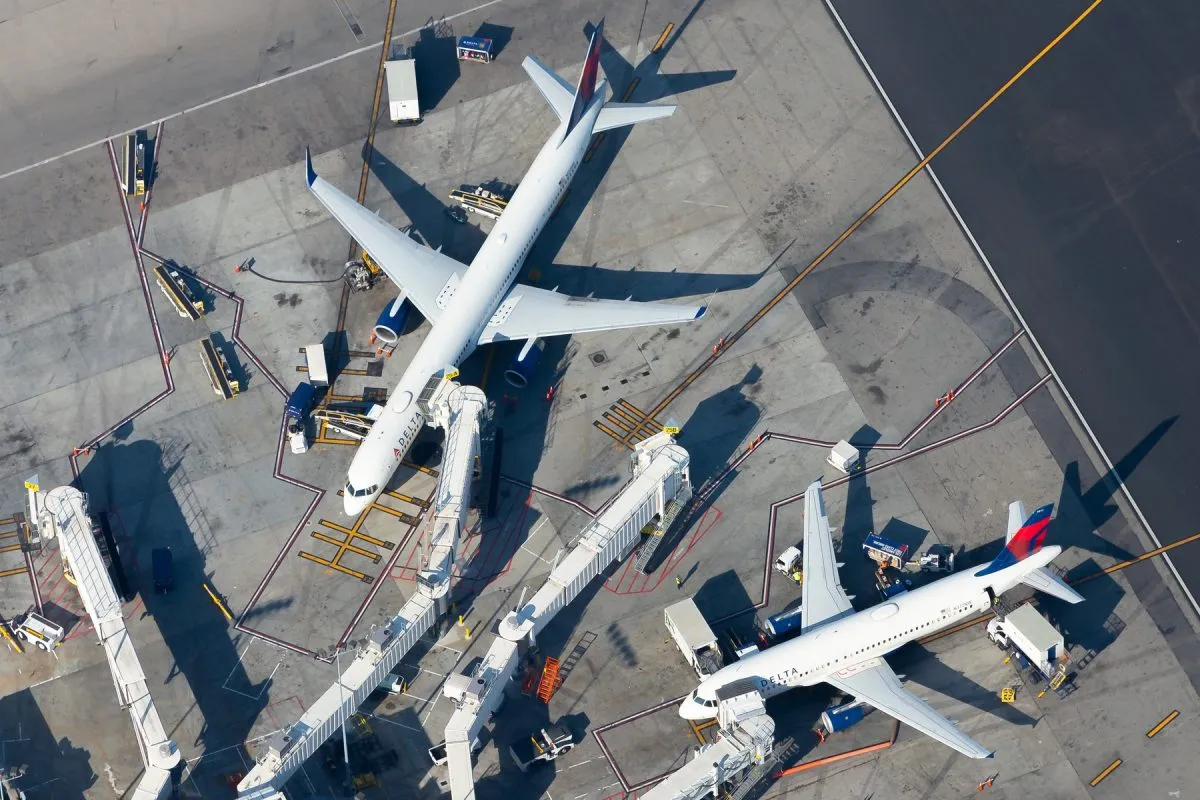How Covid Changed the Travel Agent, Again
Skift Take

Skift Daily Briefing Podcast
Listen to the day’s top travel stories in under four minutes every weekday.Good morning from Skift. It's Wednesday, July 20 in New York City. Here's what you need to know about the business of travel today.
Listen Now
🎧 Subscribe
Apple Podcasts | Spotify | Youtube | RSS
Episode Notes
Travel agents have seen significant changes in their profession since the start of the pandemic, including having to accommodate a surge in travelers seeking guidance before booking trips. But serving more consumers is far from the only major change agents have seen. Editorial Assistant Rashaad Jorden explains, as travel agents are assuming new duties, how the position is being reinvented once again.
As trip planning has become more complicated and time-consuming in recent years, agents, such as Minnesota-based Erin Green, have said they’re increasingly playing the role of counselor. While counseling is not a new duty for agents, Green acknowledges the sort she’s doing now is tricky. She admitted there’s no guarantee she can give clients an answer about what might happen in a hypothetical situation. But Green said her agency has extensively prepared agents on how to address topics pertaining to global issues.
Meanwhile, travel agents are having to devote more time to marketing themselves as experts to prospective clients, in large part due to consumers’ increased expectations of such professionals. Otto de Vries, the CEO of the Association of Southern African Travel Agents, said establishing personal brands through marketing has emerged as a greater requirement for agents.
Next, the growing demand for in-person meetings has hit event technology platforms hard, contributing to companies like Hopin and Bizzabo laying off hundreds of workers in recent weeks. But Corporate Travel Editor Matthew Parsons writes that business travelers should refrain from permanently kicking virtual events to the curb.
One factor in virtual events’ struggles, Parsons notes, is the rebound in corporate travel. Spending on conferences is expected to increase 4 percentage points this year compared to 2019, according to the Global Business Travel Association. The group’s CEO, Suzanne Neufang, said it’s seeing more companies reintroduce in-person events as part of their event mix. That rise has contributed to corporate travel agency giant CWT’s 65 percent drop in the number of virtual events it’s hosted so far in 2022 compared to last year.
However, Parsons writes that businesses may find the need to stay plugged into virtual event platforms. Ian Cummings, the vice president of CWT Meetings & Events, said they’ll continue to be considered for meetings. In addition, Neufang maintains that virtual meetings will continue to be relevant due to ongoing pressure companies face to reduce carbon emissions.
Finally, dozens of airlines, hotels, and online travel agencies have loudly committed in recent years to conducting greener business practices. But Contributor Tony Carne explains in a guest column why it’s tour operators that have instead been travel’s most vocal leaders for sustainability.
Although tour operator executives maintain they’ve long been committed to sustainability, Carne writes one reason tour operators are playing a leading role is because they’ve been pushed by travelers to do so. Fiona Ngesa, the director of market development for the Kenya Tourism Board, said visitors to Kenya are increasingly interested in sustainable travel and not just partaking in safari tourism.
However, Darrell Wade, the founder of Intrepid Travel, argues that companies in other sectors of travel aren’t following tour operators’ commitment to sustainability. Wade said that a third of the travel industry wants the issue to disappear.





